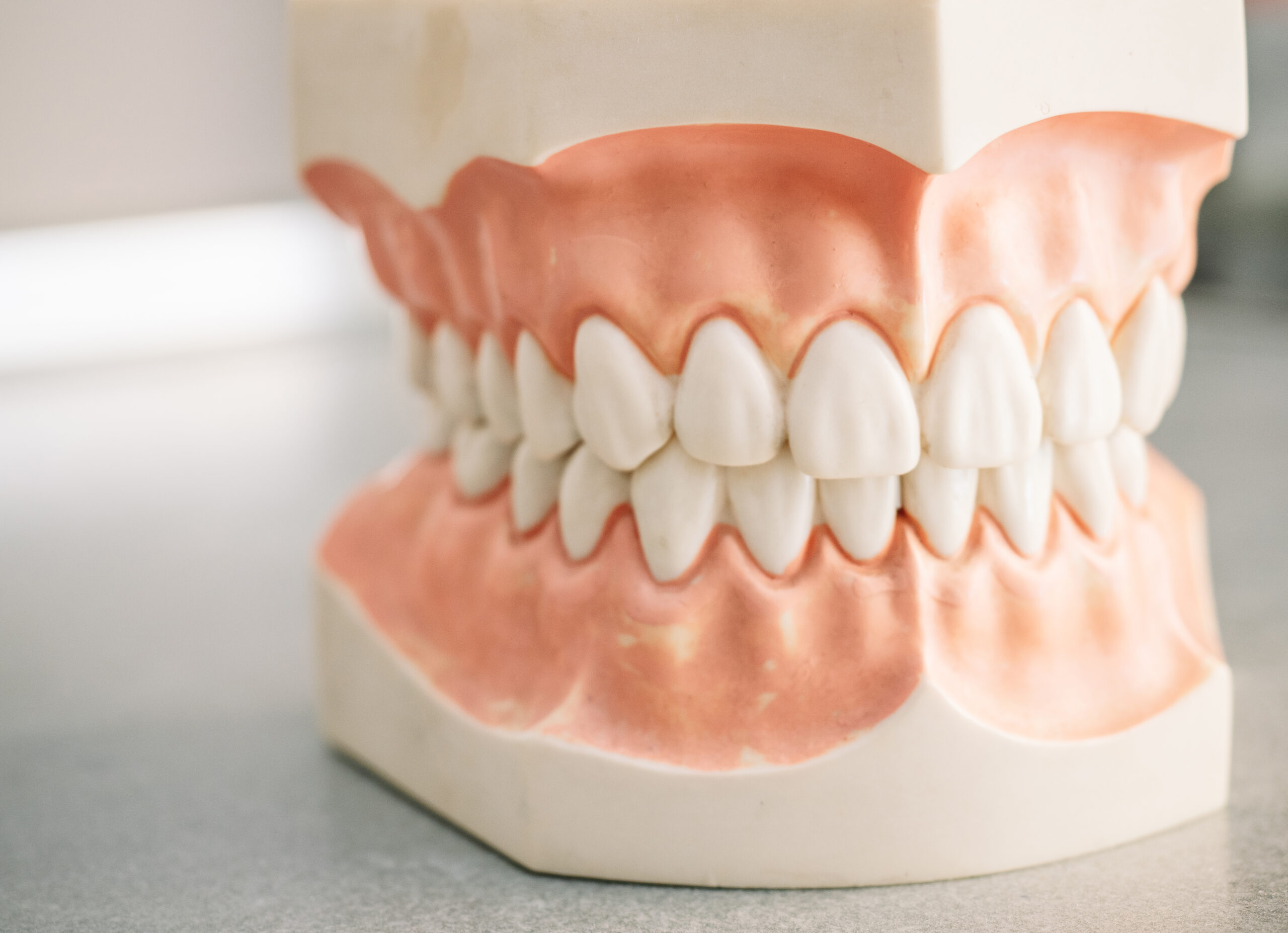Dentures Removeable False Teeth
False teeth, or dentures, are removable dental appliances designed to replace missing teeth and surrounding tissue. They help restore a natural-looking smile and improve functions like eating and speaking.
Modern dentures are made from durable materials like acrylic, porcelain, or metal, offering a more comfortable and realistic look than ever before.

Losing teeth can be a daunting experience, whether due to age, injury, or dental disease. Fortunately, false teeth—also known as dentures—can restore both the appearance and functionality of your smile. If you’re considering false teeth for the first time, you may have a lot of questions about the process, options, and what to expect. This guide will help you understand everything you need to know about false teeth and how they can improve your quality of life.
False teeth, or dentures, are removable dental appliances designed to replace missing teeth and surrounding tissue. They help restore a natural-looking smile and improve functions like eating and speaking. Modern dentures are made from durable materials like acrylic, porcelain, or metal, offering a more comfortable and realistic look than ever before.
There are different types of false teeth available, depending on your needs and the number of teeth missing.
Complete dentures replace an entire set of upper or lower teeth. They rest on the gums and are typically recommended when all natural teeth are missing.
Partial dentures are used when some natural teeth remain. They consist of replacement teeth attached to a gum-coloured base, often supported by a metal framework or clasps that attach to natural teeth. Referred to a dental bridge as it bridges the gap between natural teeth.
For a more secure fit, some dentures can be anchored by dental implants. These provide better stability and prevent slipping, making them a popular option for long-term comfort and functionality.
There are several reasons why someone might need dentures, including:
Tooth Loss Due to Decay or Gum Disease: Advanced dental problems can lead to tooth loss, making dentures a necessary solution.
Injury or Accidents: Trauma from accidents or sports injuries may cause tooth loss, requiring replacement with dentures.
Aging and Wear: As people age, teeth naturally weaken and may need to be replaced for better function and appearance.
Improved Chewing and Speaking: Missing teeth can make eating and speaking difficult, and dentures help restore these essential functions.
If you are getting dentures for the first time, here’s what the process generally looks like:
Consultation with a Dentist: The dentist will assess your oral health and discuss the best denture options for your needs.
Impressions and Measurements: Custom moulds and measurements will be taken to ensure a proper fit.
Tooth Extraction (If Needed): If any remaining teeth need to be removed, extractions may be performed before fitting dentures.
Fitting and Adjustments: Once your dentures are ready, they will be fitted, and any necessary adjustments will be made for comfort.
Getting Used to Dentures: It may take a few weeks to adjust to wearing dentures, especially when eating and speaking.
Taking proper care of your dentures is essential for maintaining their longevity and oral health.
False teeth can be a life-changing solution for those dealing with tooth loss, restoring both confidence and functionality. While adjusting to dentures takes time, they provide an effective and affordable way to improve your smile and quality of life. If you’re considering dentures for the first time, consult with your dentist to find the best option for your needs and start your journey toward a healthier, brighter smile!